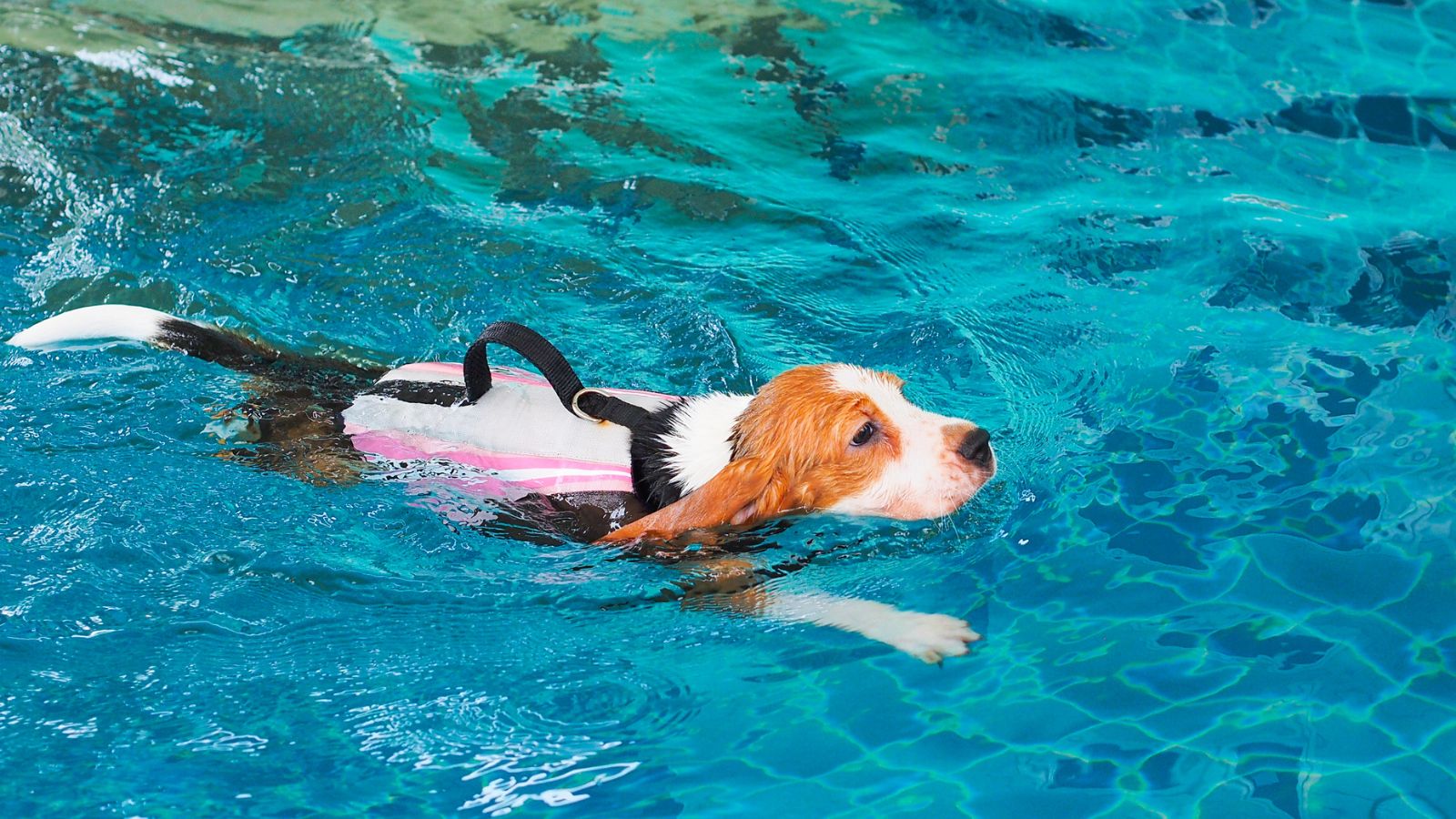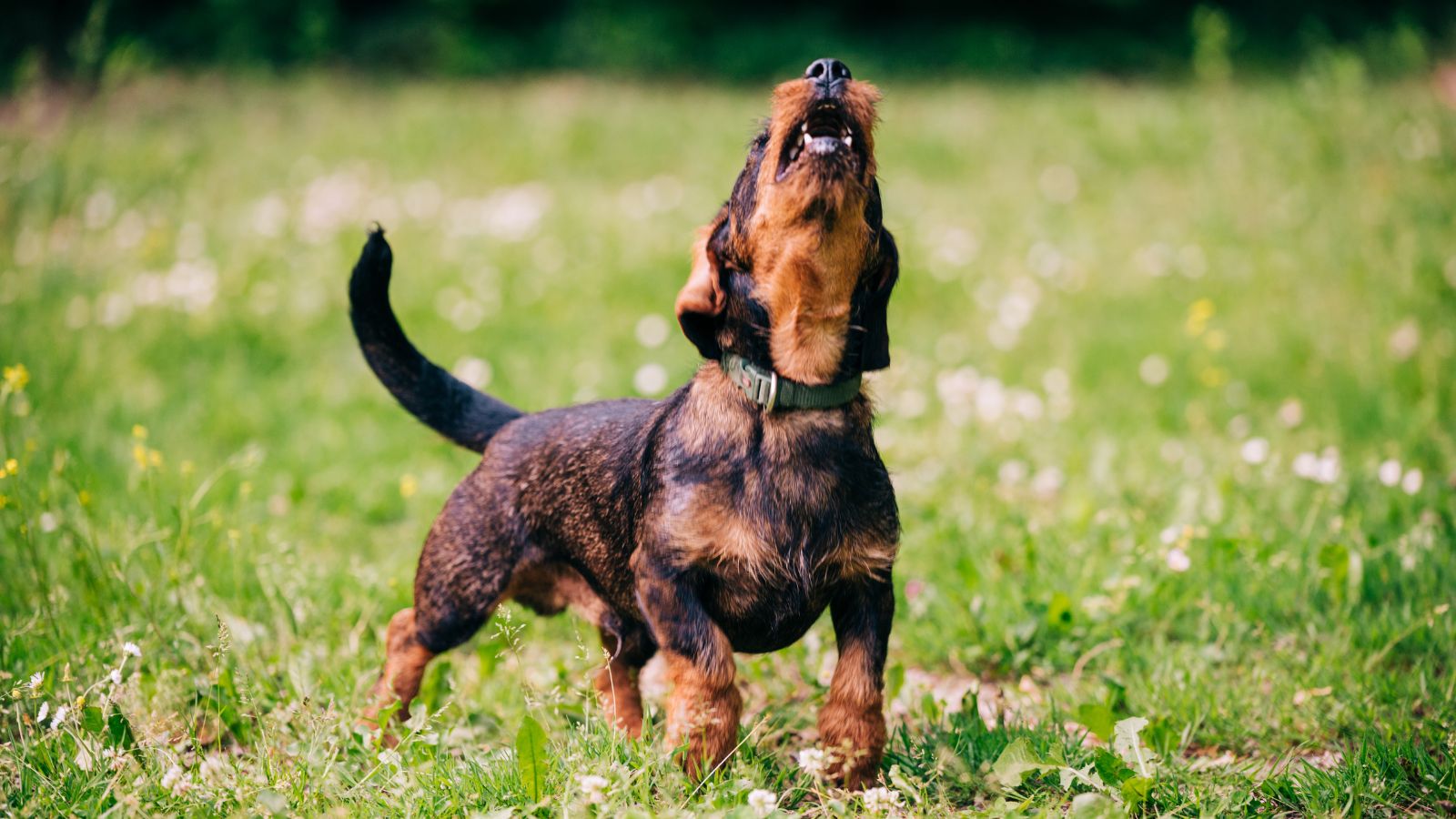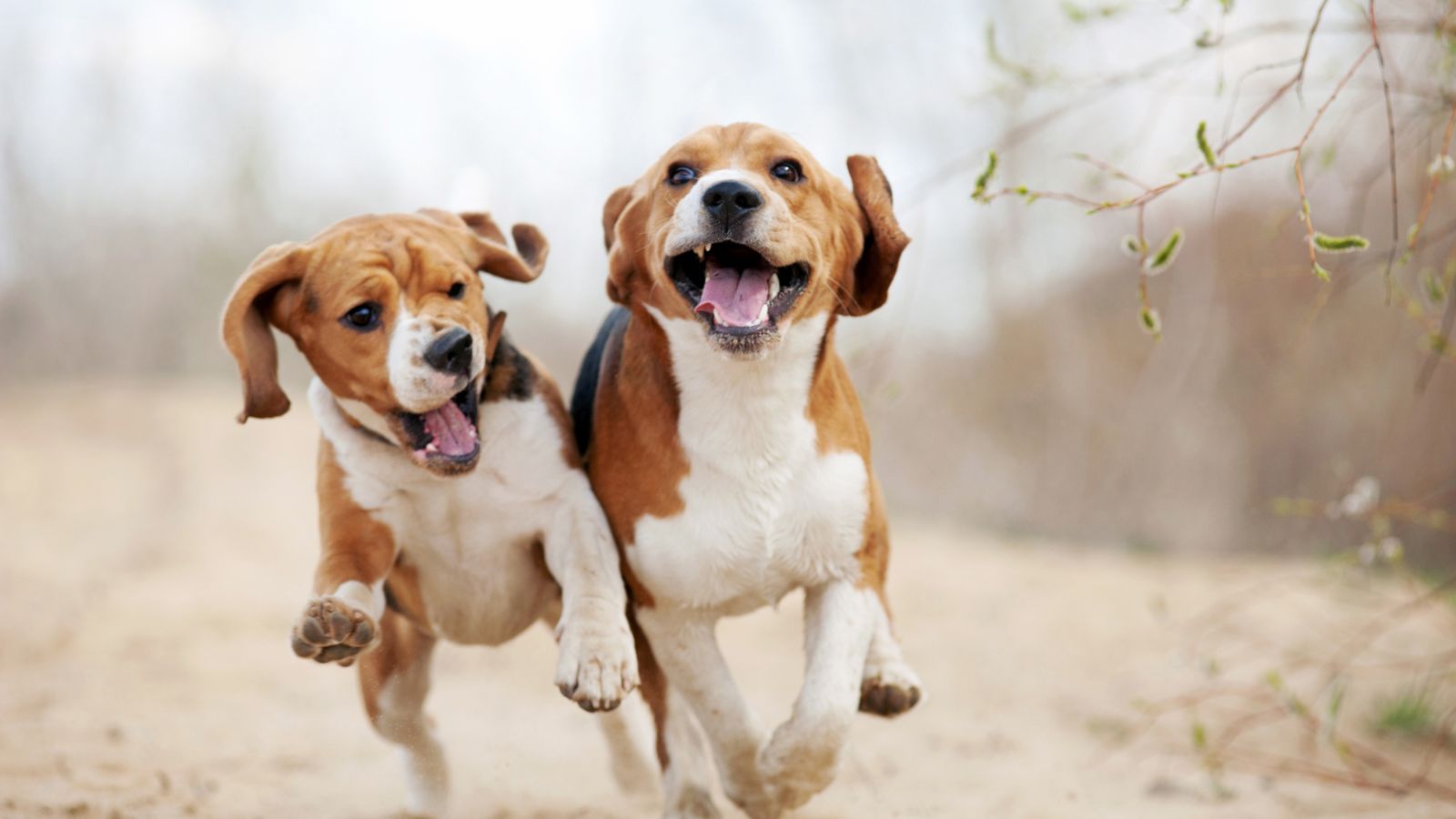Small hound dog breeds, a blend of charm and tenacity, are a favourite among dog lovers. With their compact size and distinctive hound traits, they’re a perfect fit for those seeking a loyal companion with a bit of an edge.
These pint-sized hunters possess an impressive pedigree, tracing back to ancient times. Yet, they’re just as suited to modern life, offering companionship and a unique personality that’s hard to resist.
 Small Hound Dog Breeds
Small Hound Dog Breeds
Diving deeper into the world of small hound dog breeds, this segment unveils the unique characteristics and benefits that make these petite canines stand out from other dog breeds.
Characteristics of Hound Dogs
Hound dogs are renowned for their exceptional hunting skills, marked by a strong sense of smell, incredible stamina, and a deep resonance in their bark. Small hound dogs specifically, such as Dachshunds and Beagles, retain these traits but in a convenient, tiny package. For example, a Beagle, despite its small frame, possesses an extraordinary scent tracking ability comparable to larger breeds.
In addition, these miniaturised hunters carry an element of distinction in their appearance and behaviour. Irrespective of the actual size, hound dog breeds tend to have elongated bodies, droopy ears, and expressive, droopy eyes that ooze charm. They’re replete with personality – often lively, tenacious, and known for their remarkable wit, adding volumes to their appeal.
Benefits of Small Hound Breeds
The benefits of owning small hound breeds extend beyond their aesthetic appeal, and unique hunting traits. Given their size, these breeds blend seamlessly into a variety of living arrangements – may it be apartments or rural homes. They’ll take up less space, consume less food and can generally adapt faster to the urban environment, compared to larger canine counterparts.
 Popular Small Hound Dog Breeds
Popular Small Hound Dog Breeds
Continuing the exploration of small hound dog breeds, this segment highlights some popular picks. These breeds, recognized by their petite stature and pronounced hound characteristics, hold a special place in the hearts of enthusiasts.
Beagle
A powerhouse in a small package, the Beagle stands among the famous small hound breeds. Originally bred for hunting hare, Beagles possess an impressive scent-tracking capability. They typically grow up to 15 inches in height, making them suitable for various living arrangements. Renowned for their joyful nature, these dogs are recognizable by their tricolour coats and droopy ears. Their characteristic baying bark lends them a unique presence, and they’re known for their exceptional companionship and high energy levels.
Dachshund
Dachshunds, affectionately regarded as ‘sausage dogs,’ shine in the spotlight of small hound breeds. Despite growing only up to 9 inches tall, they impress with their perseverance and courage, honed from their past role in hunting badgers. Sporting a variety of coat types – smooth, longhaired, or wirehaired – and a distinctive elongated body, Dachshunds are both unique and versatile. They exhibit a vivacious personality and, though slightly obstinate at times, can prove endearing companions.
 Caring for Small Hound Dogs
Caring for Small Hound Dogs
Based off the previous sections detailing the benefits and specific breeds of small hound dogs, this section dives into how to care for these loyal companions. Proper care includes understanding their dietary needs, exercise requirements, and certain health considerations.
Diet and Nutrition
Small hound dogs have specific dietary needs that owners must take into account. Their diet often consists of high-quality commercial dog food, categorised by weight, age, and overall health condition. For instance, Beagles typically consume about a cup of dry dog food per day, while Dachshunds might require slightly more, depending on their activity levels.
Owners must ensure their hounds maintain a balanced diet for optimal health. A table providing the ideal ratio of proteins, carbohydrates, fats, and vitamins would help owners understand the specifics of their dogs’ dietary needs.